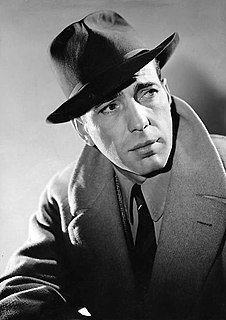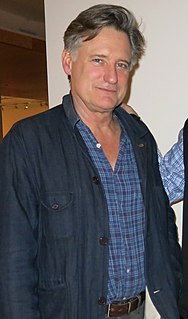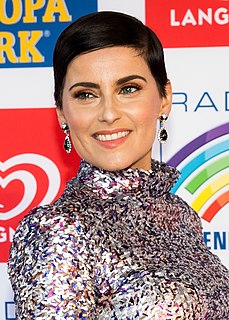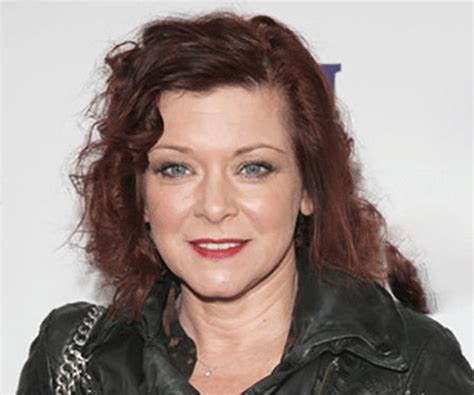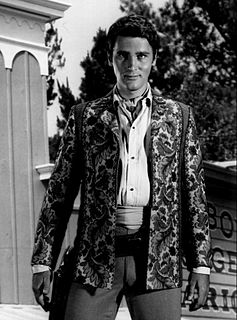A Quote by Sarah Weinman
Vera Caspary wrote an essay called 'My 'Laura' and Otto's' where she talks about the arguments she had with Preminger. She felt that not only did he misunderstand the character but that he couldn't help but be misogynist.
Related Quotes
I got into one of the schools I applied to because of the essay I wrote about Holly Hunter's character in 'Broadcast News.' She's the only female producer on this news network, and she's really good at her job, but she allots time in her day to just sit at her desk and cry. And then she's just back to work. I find that really effective.
She smiled. She knew she was dying. But it did not matter any longer. She had known something which no human words could ever tell and she knew it now. She had been awaiting it and she felt it, as if it had been, as if she had lived it. Life had been, if only because she had known it could be, and she felt it now as a hymn without sound, deep under the little whole that dripped red drops into the snow, deeper than that from which the red drops came. A moment or an eternity- did it matter? Life, undefeated, existed and could exist. She smiled, her last smile, to so much that had been possible.
But what I kept wondering about is this: that first second when she felt her skirt burning, what did she think? Before she knew it was candles, did she think she'd done it herself? With the amazing turns of her hips, and the warmth of the music inside her, did she believe, for even one glorious second, that her passion had arrived?
I think about Laura Bush every once in awhile. She is a great supporter of the arts. I did a show at the Eisenhower Theater, and she would make a point of coming backstage. The relationship between Laura and George Bush was always that way where you felt like he was at his best behavior when he was in her company.
When she walks she walks with passion when she talks, she talks like she can handle it when she asks for something, boy she means it she know you would do [anything] to keep her by your side she'll make you work hard make you spend hard make you want all, all of her she'll make you fall real fast [in love].
My mother was the first African-American policewoman in Seattle - recruited, actually - and she did it for only 2 years, as she did not want to carry a gun. She worked mostly on domestic disturbances. The NAACP wanted her to do it. She did not actually have the temperament to be a cop - she was very sweet. She had a Masters in social work.
although she went home that night feeling happier than she had ever been in her short life, she did not confuse the golf course party with a good party, and she did not tell herself she had a pleasant time. it had been, she felt, a dumb event preceded by excellent invitations. what frankie did that was unusual was to imagine herself in control. the drinks, the clothes, the instructions, the food (there had been none), the location, everything. she asked herself: if i were in charge, how could i have done it better?
She had witnessed the world's most beautiful things, and allowed herself to grow old and unlovely. She had felt the heat of a leviathan's roar, and the warmth within a cat's paw. She had conversed with the wind and had wiped soldier's tears. She had made people see, she'd seen herself in the sea. Butterflies had landed on her wrists, she had planted trees. She had loved, and let love go. So she smiled.





